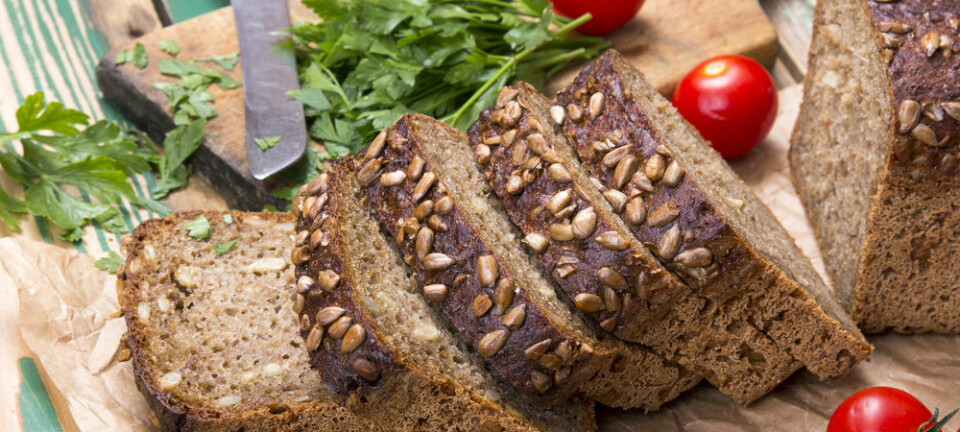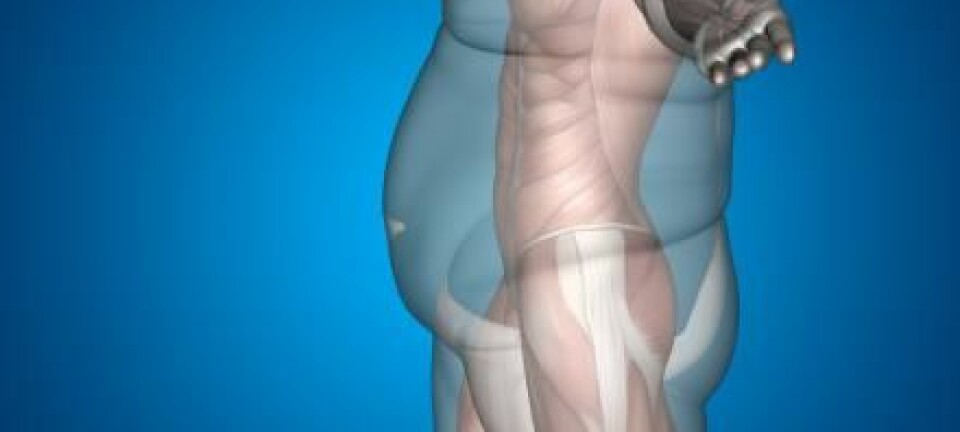
Food travel time through the body impacts on our health
A quick passage of food from your mouth through your stomach and out the other end is better for your health, shows new research.
We need a diverse range of bacteria in our stomachs. This has been the message from health research in recent years. But there is more to it than simply a high diversity of gut bacteria, according to a new study published in the journal Nature Microbiology.
The new study shows that the time it takes for food to travel through our bodies is important for our health. The quicker we process it from mouth to poop, the better.
“The transit time has significantly greater influence than factors such as waist circumference or age, which were previously associated with different stomach bacteria,” says co-author Tine Rask Licht, a professor at the Food Institute at the Technical University of Denmark (DTU).
Licht and her colleagues found that the transition time was the most significant factor to explain the correlation between gut bacteria and the type of decomposition products found in urine.
“Longer transit times lead to fewer substances that we’d like to have, and more substances that we don’t want to have,” says Licht.
But she stresses that this only works up to a point, and that it is of course not healthy to be plagued by diarrhoea.
Waste products from protein are harmful
When gut bacteria break down our food, they begin with the most easily digestible nutrients. This means that they first go for the carbohydrates, whose breakdown products are considered healthy for the immune system and the stomach.
But when the food is slow to leave the stomach, the bacteria may run out of carbohydrates to gorge themselves on, and they then start to attack proteins. At this stage, it becomes problematic.
“People who have a long transit time in the stomach have more substances in the urine that stem from the bacteria’s breakdown of proteins. [These] substances belong to a group that is often associated with an increased risk of cancer and other diseases,” says Licht.
Harmful substances associated with cancer
Before the breakdown products are transferred to the urine, they have already been on a journey around the body via our blood system.
This means that harmful breakdown products of proteins have also had an impact on our body.
“When these products are in the urine, it means that they have been in circulation in the body. We know that some of these substances are associated with harmful effects. For example, they have been related to cancer, kidney disease, and autism,” says Licht.
A rich gut flora can also cause concern
The scientists also found that the people with longer food transit times, also had many different bacterial species in their gut, which agrees with a previous study published last year by scientists in Belgium.
A rich gut flora is normally considered to be a good thing and essential for our health. But the new study suggests that the picture is actually much more nuanced than that.
“It’s not wrong, but having a high bacterial richness in the gut is also connected to having a long transit time. We don’t deny that it's good to have a complex bacterial community in the gut, but if it’s mostly connected to a very long transit time of getting food through the intestine, then it’s not in itself a healthy thing,” says Licht.
More studies needed to make dietary recommendations
Christian Lodberg Hvas, an associate professor in the Department of Medicine at Aarhus University, Denmark finds the new results interesting, but he emphasises that we do not yet know enough to make dietary recommendations.
“It’s an important first step to connect bowel function with microbiota," says Hvas, who was not involved in the new study.
But before we can make any recommendations, we need intervention studies, he says.
“We don’t quite know if it’s true when we say people should do this and that to change their microbiota. This study points out that it’s not only the microbiome we should study. The microbiome is not necessarily the full answer, but it’s an important player," says Hvas.
“What has hitherto been thought of as universally good--high microbial diversity--is related to a long transit time, which is something that we think of as being related to disease or to something that we don’t want.”
----------------
Read the Danish version of this story on Videnskab.dk
Translated by: Catherine Jex
Scientific links
- 'Colonic transit time is related to bacterial metabolism and mucosal turnover in the gut', Nature Microbiology (2016), doi: 10.1038/nmicrobiol.2016.93
- 'Stool consistency is strongly associated with gut microbiota richness and composition, enterotypes and bacterial growth rates', BMJ (2015), doi: 10.1136/gutjnl-2015-309618










